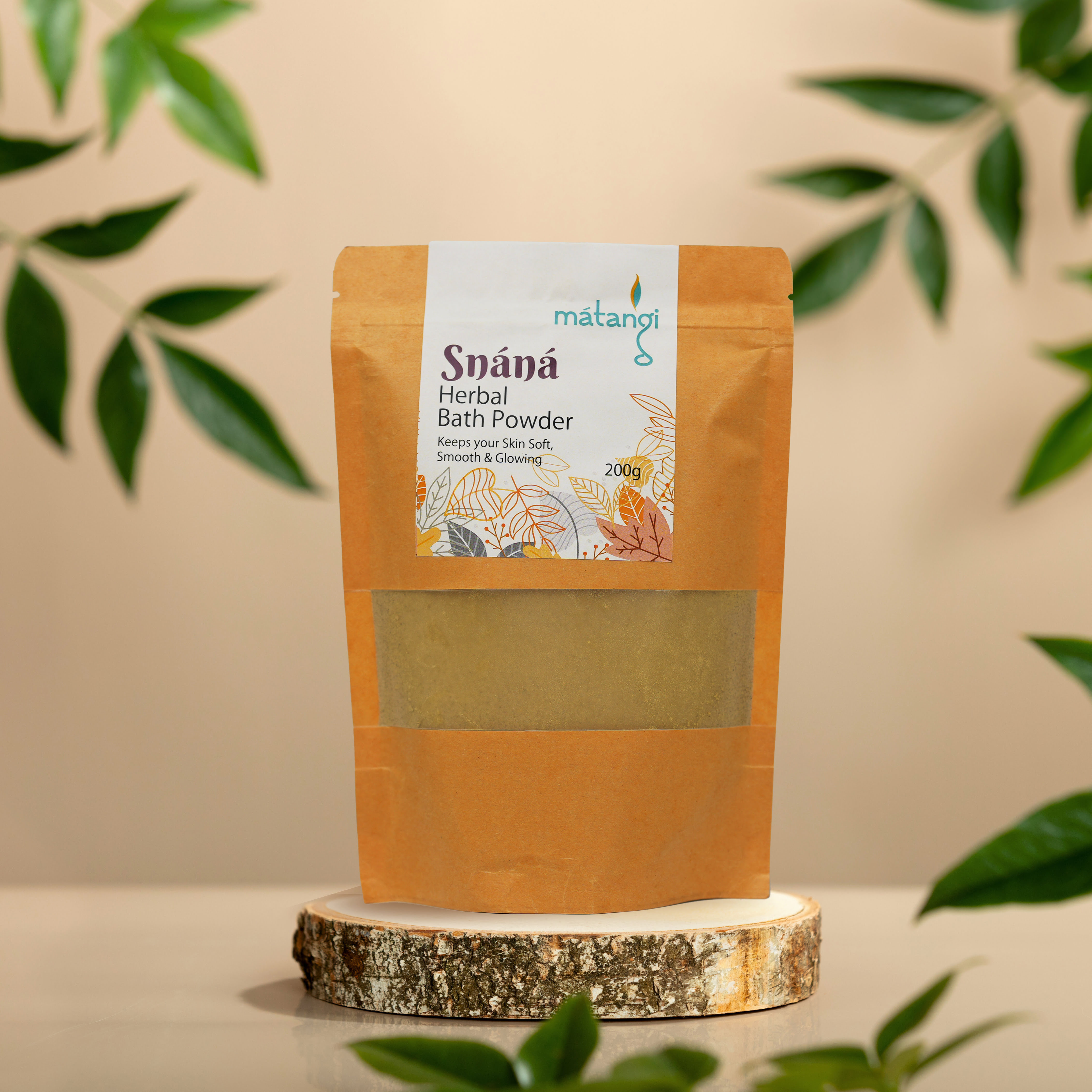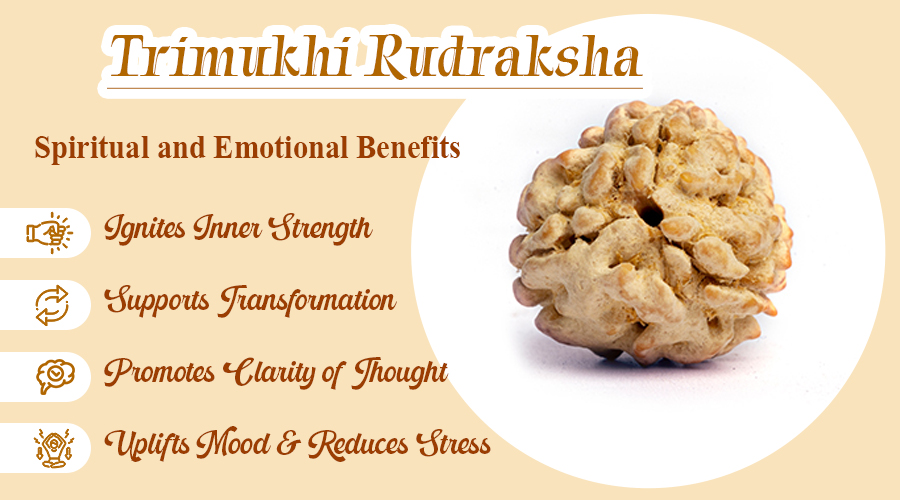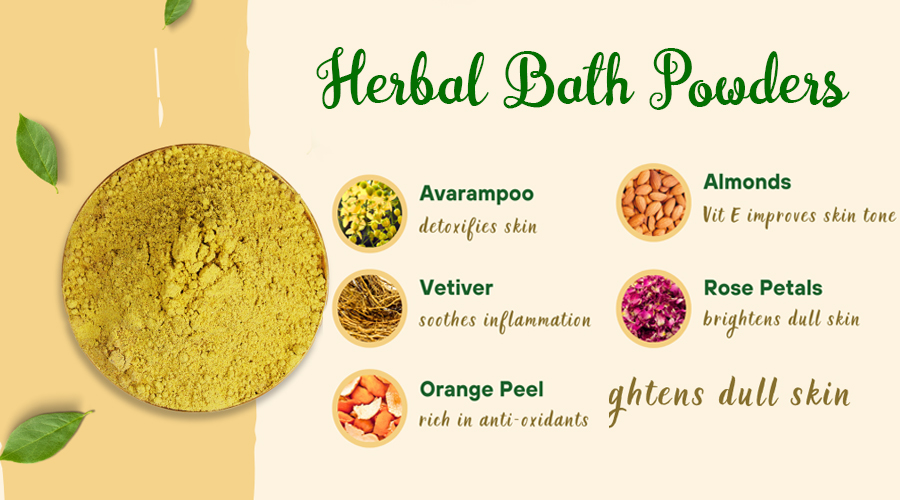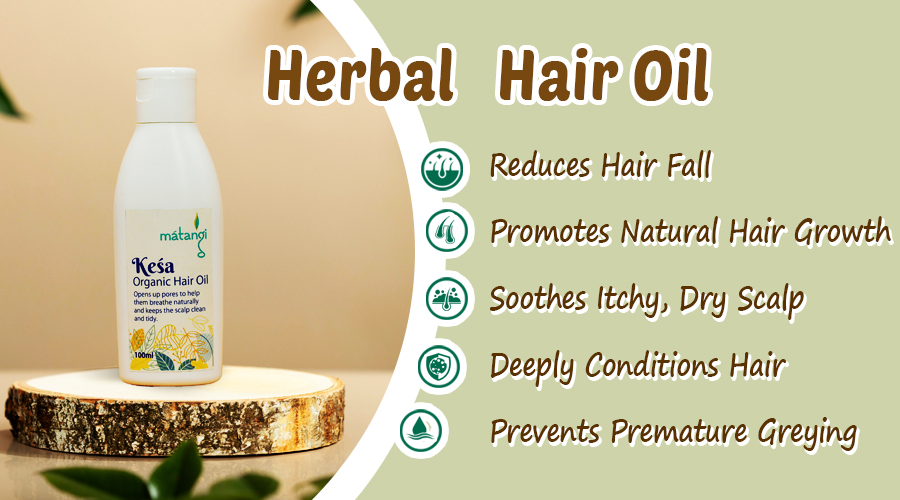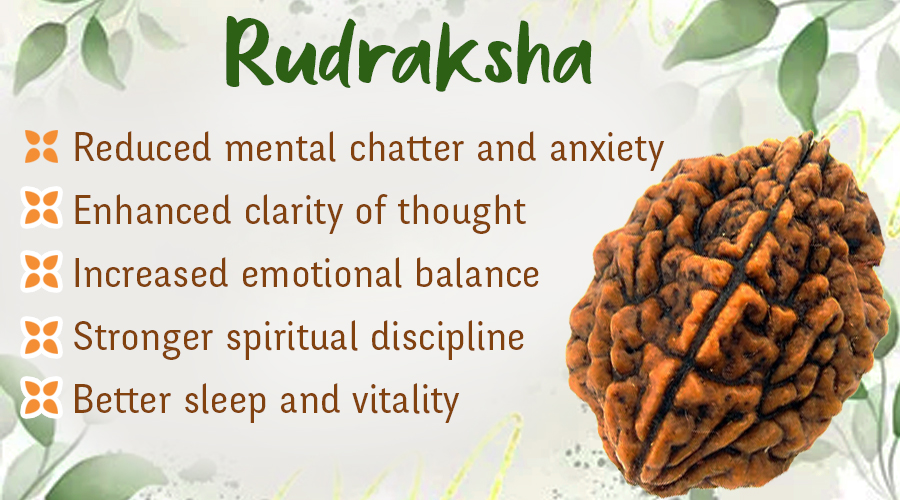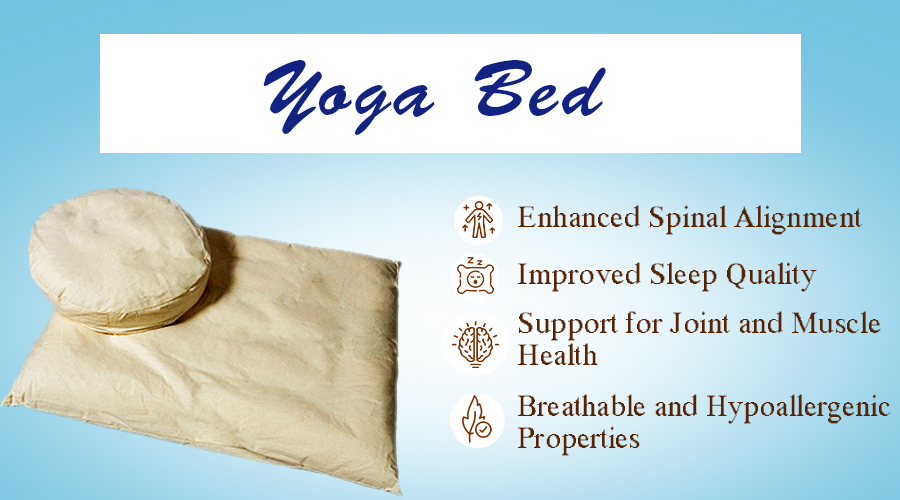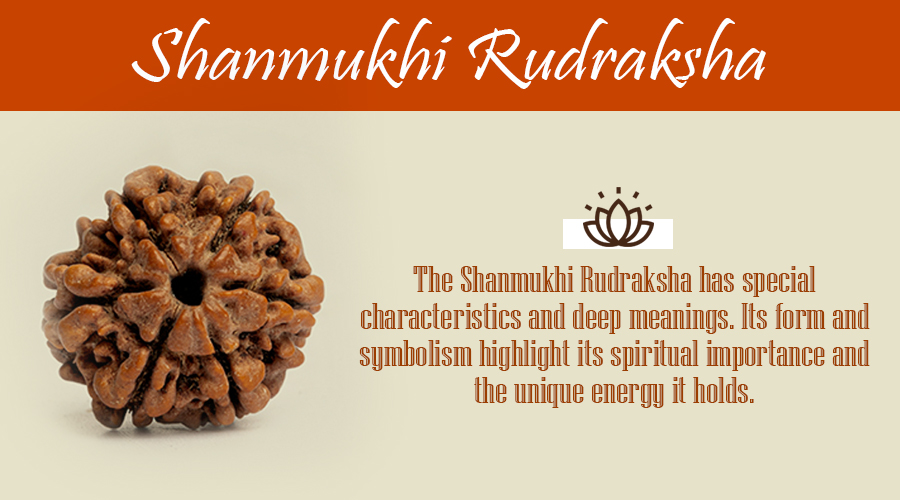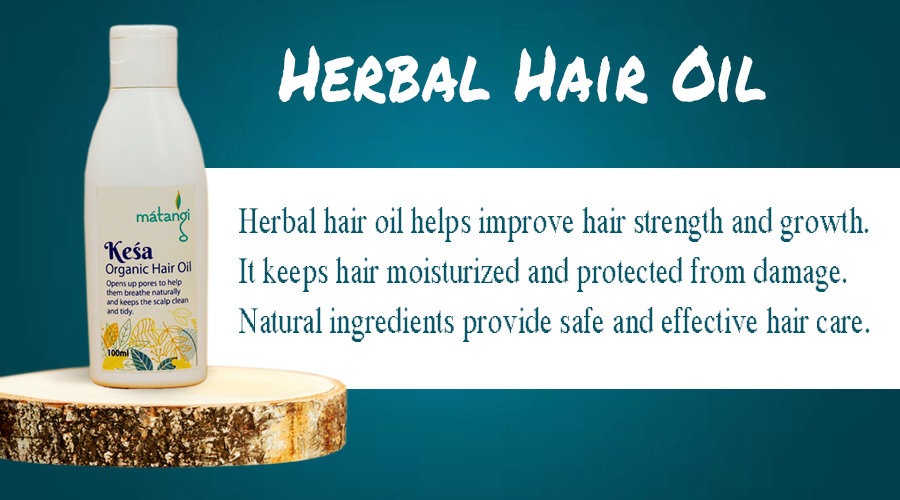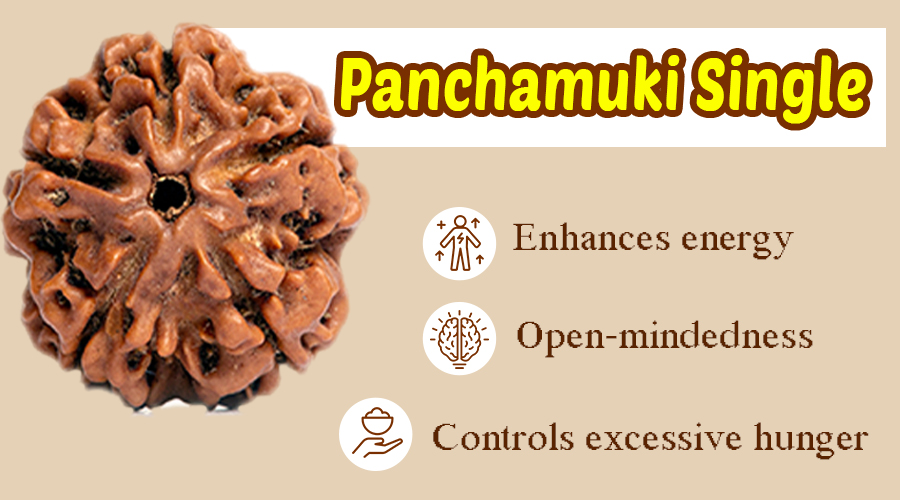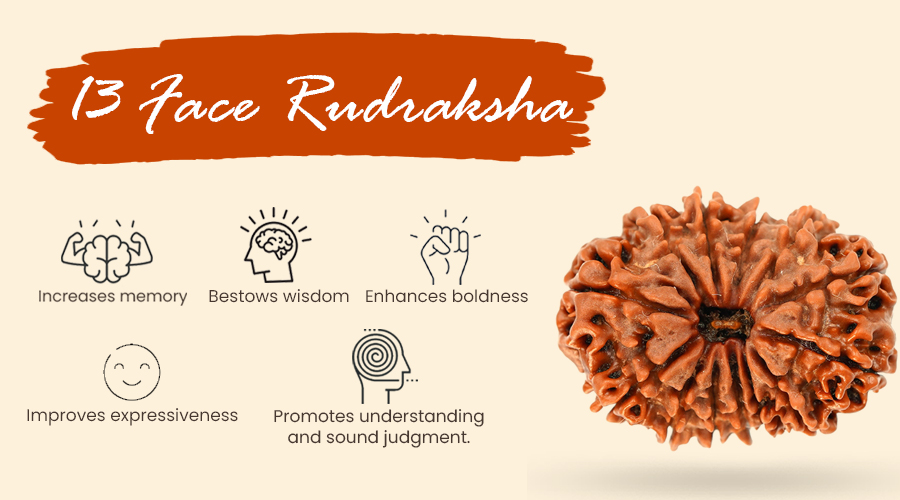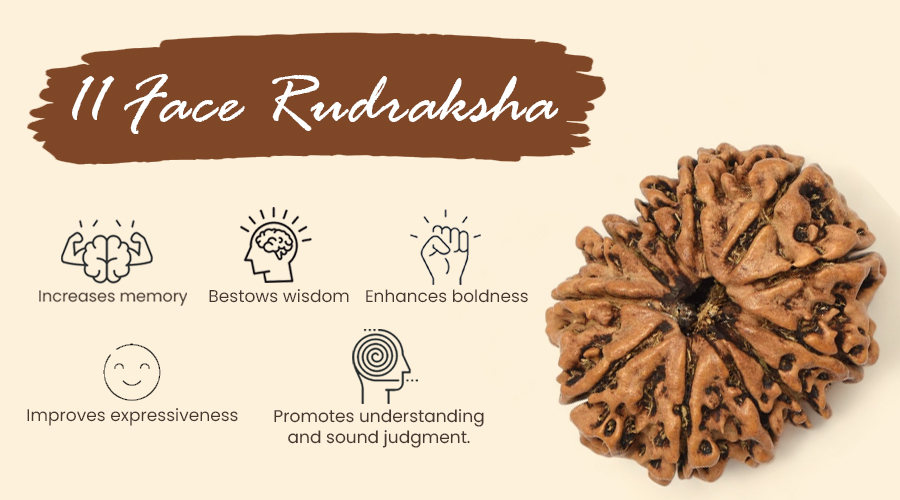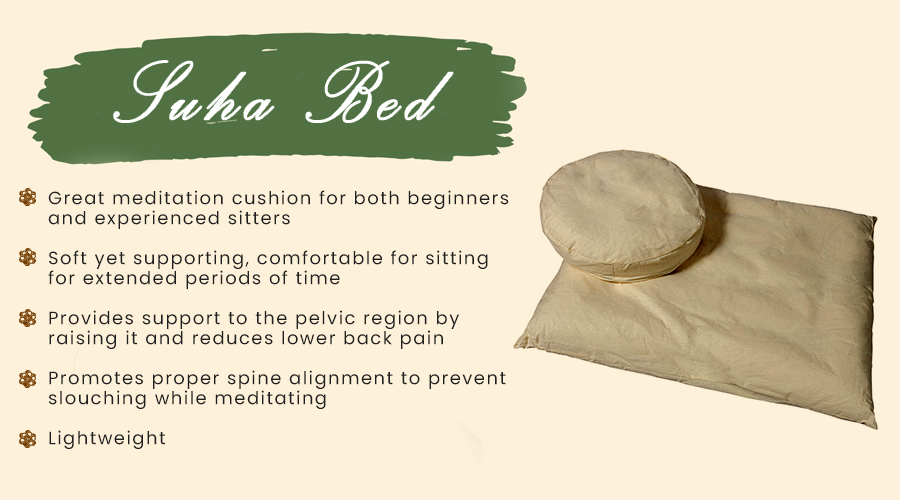
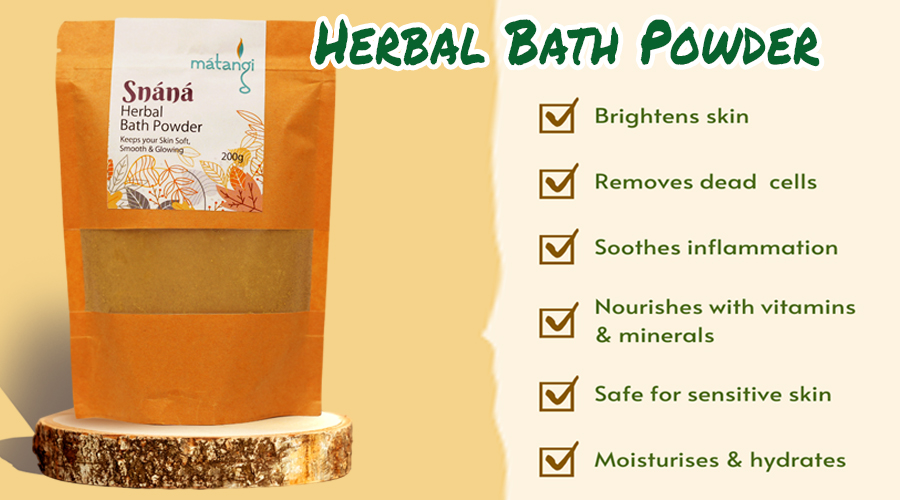
Herbal bath powder offers a natural way to improve skin health and relaxation. It contains plant-based ingredients that help soothe the skin and support overall wellbeing.
Using herbal bath powder regularly can enhance skin softness, reduce irritation, and promote a balanced skin environment.
This gentle product works well for most skin types and is a convenient addition to any self-care routine. Many people choose it because it is eco-friendly and free from harsh chemicals. Its simple use in baths makes it easy to enjoy these benefits without extra effort.
Learning how to use herbal bath powder correctly ensures the best results. Being aware of any precautions can help prevent unwanted reactions. Understanding these points can help users get the most out of this natural product.
Key Takeaways
- Herbal bath powder supports smoother, healthier skin.
- It suits different skin types and promotes skin balance.
- It is an eco-friendly option for bathing and relaxation.
What Is Herbal Bath Powder?
Herbal bath powder is a natural product made from various dried plants and herbs. It is designed to be mixed with water to create a soothing bath. The ingredients, preparation, and history show how it differs from common bath products.
Traditional Ingredients in Herbal Bath Powder
Herbal bath powders often contain ingredients like turmeric, sandalwood, neem, rose petals, and multani mitti (fuller’s earth). These plants have been chosen for their skin-friendly and cleansing properties.
Turmeric is known for its antibacterial benefits. Sandalwood offers a pleasant fragrance and helps cool the skin. Neem has antifungal qualities, useful for skin issues. Rose petals add a refreshing scent and soothe irritation. Multani mitti acts as a natural cleanser and exfoliant.
The mix of these ingredients varies according to purpose but focuses on gentle, natural care without harsh chemicals.
How Herbal Bath Powder Differs from Regular Cleansers
Herbal bath powder is different from normal soaps or body washes because it does not contain synthetic chemicals or detergents. It cleans the skin without stripping away natural oils, helping to keep the skin balanced.
Regular cleansers often have ingredients like sulfates that can dry out or irritate skin. Herbal powders rely on natural plant properties to cleanse and improve skin texture slowly. The powder form allows users to customize the amount in their bath.
It provides a more natural, mild alternative suitable for sensitive skin or those avoiding artificial ingredients.
Brief History and Origins
Herbal bath powders have been used for centuries across Asia, especially in India. Ancient texts and Ayurveda, the traditional Indian medicine system, describe their use for skin health and relaxation.
In old times, families prepared these powders at home using local herbs. The practice was passed down through generations, focusing on cleansing, healing, and calming the body.
Over time, these powders became popular beyond homes and started being sold as herbal beauty products worldwide, known for their natural ingredients and skin benefits.
Top 7 Benefits of Using Herbal Bath Powder
Herbal bath powder offers gentle yet effective care for the skin. It cleans deeply, exfoliates naturally, improves skin tone, and controls body odor without using harmful chemicals.
Deep Cleansing Without Harsh Chemicals
Herbal bath powders use natural ingredients like neem, turmeric, and multani mitti to clean the skin deeply. These plants remove dirt, oil, and impurities gently, so the skin feels fresh but not stripped.
Unlike soaps with synthetic chemicals, herbal powders avoid harsh detergents that can dry or irritate the skin. This makes them suitable for sensitive skin types.
This deep cleaning helps prevent acne and other skin issues caused by clogged pores. It also reduces the risk of allergic reactions that some chemical-based products may cause.
Natural Exfoliation and Smoother Skin
Herbal bath powders often contain fine particles like rice flour or ground oats. These act as mild scrubs to remove dead skin cells without damaging the surface.
Regular use of herbal powders promotes smoother skin by sloughing off rough patches and fading dullness. The natural texture of the powder allows gentle exfoliation, which helps the skin absorb moisturizers better.
This process aids in renewing the skin surface, making it look and feel softer. Unlike harsh scrubs, herbal powders prevent micro-tears and irritation, supporting skin health over time.
Supports Healthy, Glowing Complexion
Ingredients in herbal powders, such as sandalwood and rose petal powder, contain antioxidants and vitamins. These nourish the skin and improve blood circulation, contributing to a healthy glow.
Using herbal bath powder regularly helps reduce inflammation and calm redness. It also evens out skin tone by gently removing impurities and promoting cell renewal.
Herbal powders can improve skin brightness naturally, without the need for bleach or harsh chemicals. The result is a balanced complexion that looks clear and radiant.
Helps Control Body Odor Naturally
Many herbal bath powders include antibacterial and antifungal plants. Neem and tulsi powder, for example, fight odor-causing bacteria on the skin.
Using herbal powder during bathing helps reduce sweat-related odors without blocking natural sweating. Unlike strong chemical deodorants, these powders keep the skin fresh without residue or irritation.
This natural protection supports skin health while controlling body odor effectively. It is especially useful for people with sensitive skin who want a chemical-free option.
Skin Soothing Benefits of Herbal Bath Powder
Herbal bath powder helps ease common skin problems like itching, redness, and irritation. It contains natural ingredients that calm and protect the skin, making it feel more comfortable.
Reducing Itching and Inflammation
Herbal bath powders often include ingredients like neem, turmeric, and aloe vera. These natural elements work to reduce itching by soothing the skin and lowering inflammation.
When applied during a bath, the powder helps cool the skin. This can reduce the urge to scratch and prevent further irritation. The anti-inflammatory properties of these herbs also help heal minor skin irritations faster.
People with conditions like eczema or insect bites may find relief using herbal bath powders. Regular use can support healthier skin by calming flare-ups and reducing redness.
Calming Sensitive or Irritated Skin
Herbal bath powder is gentle and safe for sensitive skin. It usually avoids harsh chemicals that can cause irritation. Instead, it uses mild, natural ingredients like chamomile, sandalwood, or lavender.
These herbs reduce redness and balance the skin’s natural moisture. When added to a warm bath, they create a soothing experience that relaxes both skin and mind.
For irritated skin caused by dryness or allergies, herbal bath powder helps restore comfort. It can ease the feeling of tightness and prevent further damage by calming sensitive areas.
Promoting Healthy Skin Microbiome
Herbal bath powder helps maintain a balance of bacteria on the skin. It supports beneficial microbes while reducing harmful ones. This balance is important for keeping skin healthy and protected.
Preserving Good Bacteria on the Skin
Herbal ingredients in bath powders often include neem, turmeric, or sandalwood. These herbs have natural antimicrobial properties that target bad bacteria but leave good bacteria intact.
Good bacteria on the skin help fight infections and keep the skin barrier strong. Herbal powders cleanse gently, avoiding harsh chemicals that can strip these helpful microbes away.
Using herbal bath powders regularly can prevent the skin from becoming dry or irritated. It keeps the environment friendly for beneficial bacteria, which is essential for healthy skin.
Comparing Herbal versus Synthetic Cleansers
Synthetic cleansers often contain strong detergents like sulfates. These can remove both good and bad bacteria from the skin, upsetting its natural balance.
Herbal bath powders use plant-based ingredients that clean without being too harsh. They remove dirt and oil while supporting the skin’s natural defenses.
A side-by-side comparison shows:
| Feature | Herbal Bath Powder | Synthetic Cleanser |
|---|---|---|
| Effect on good bacteria | Preserves or supports | Often destroys |
| Ingredients | Natural and plant-based | Chemical and synthetic |
| Skin irritation risk | Low | Can be high |
Herbal powders help maintain the skin microbiome, unlike many synthetic products that can cause dryness or irritation.
Suitable for All Skin Types
Herbal bath powders work well with different skin types because of their natural ingredients. They are mild enough for daily use but can also be adjusted to address specific skin concerns.
Gentle for Daily Use
Herbal bath powders are made with natural herbs that calm the skin without harsh chemicals. This makes them safe for daily use on sensitive, dry, oily, or combination skin.
They help clean and nourish the skin by removing dirt and dead cells gently. People with sensitive skin often find herbal bath powders less irritating compared to soap or synthetic cleansers.
Using these powders daily can maintain skin balance and hydration. They improve skin texture without stripping away natural oils.
Adapting Herbal Bath Powders for Specific Needs
Different herbs can be mixed to suit particular skin types or problems. For dry skin, powders with moisturizing herbs like aloe vera or chamomile are used.
For oily or acne-prone skin, powders containing neem or turmeric help control oil and reduce inflammation.
Customizing herbal bath powders lets users target conditions like eczema or psoriasis with gentle support. Adjusting the mix keeps the skin healthy while addressing unique needs.
Herbal powders are versatile, making them suitable for everyone’s skin care routine.
Eco-Friendly and Sustainable Choice
Using herbal bath powder supports eco-conscious habits by relying on natural ingredients and smart packaging. This helps reduce pollution and waste, benefiting the environment.
Biodegradable Ingredients
Herbal bath powders are made from plant-based materials like herbs, flowers, and minerals. These ingredients break down naturally in water and soil without leaving harmful residues.
Because they decompose quickly, they do not add to landfill waste or pollute water sources. This contrasts with many synthetic bath products that contain chemicals resisting natural breakdown.
Users can enjoy a clean bath experience knowing the product they use will not harm aquatic life or disrupt ecosystems.
Reduced Packaging Waste
Many herbal bath powders come in minimal or recyclable packaging, often using paper, glass, or biodegradable plastics. This reduces the volume and type of waste sent to landfills.
Some brands encourage refills or use bulk containers to limit single-use packaging. This lowers the environmental footprint compared to traditional plastic bottles or tubs.
Choosing herbal powders with eco-friendly packaging supports waste reduction and helps conserve resources like oil and water used in plastic production.
How to Use Herbal Bath Powder Effectively
Using herbal bath powder the right way helps maximize its benefits. The method of application and how often it is used make a big difference in the results.
Application Methods and Techniques
Herbal bath powder is usually mixed with warm water before adding it to the bath. He or she should dissolve about 2-3 tablespoons of the powder in a small bowl of hot water first. This helps the powder release its properties into the bathwater evenly.
For direct application, the powder can also be sprinkled onto a wet washcloth and gently rubbed on the skin. This method targets specific problem areas like dry patches or irritation.
Bathing for 15-20 minutes allows enough time for the skin to absorb the herbs. After soaking, rinsing with clean water may help remove any residue without losing the herbal effects.
Tips for Incorporating into Your Routine
He or she can use herbal bath powder 2-3 times a week to support skin health. Using it too often might dry the skin because of its natural ingredients.
Adding essential oils or a few drops of carrier oil to the bath can improve hydration and enhance relaxation. However, it’s best to test small amounts to avoid skin irritation.
Keeping the bath temperature moderate—around 95°F (35°C)—helps prevent skin from becoming dry or overheated.
Storing the bath powder in a cool, dry place maintains its potency over time.
Potential Precautions and Considerations
Herbal bath powders are generally safe but can cause allergic reactions in some people. It is important to check the ingredients before use, especially if someone has sensitive skin or known allergies.
People with skin conditions like eczema or psoriasis should consult a doctor before trying herbal bath powders. Some herbs might irritate damaged or sensitive skin.
It is best to test the powder on a small area of skin first. If redness, itching, or burning occurs, stop using it immediately.
Pregnant or breastfeeding women should speak to their healthcare provider before using herbal bath powders. Some herbs may not be safe during pregnancy or nursing.
When using herbal bath powder, avoid contact with the eyes. If the powder gets into the eyes, rinse thoroughly with clean water.
Storing the powder in a cool, dry place keeps it fresh and prevents mold. Always use clean water and avoid mixing with harsh chemicals for safety.
| Precaution | Reason |
|---|---|
| Check for allergies | Prevent skin reactions |
| Consult doctor for skin issues | Avoid irritation or worsening condition |
| Patch test | Identify any sensitivity early |
| Discuss use during pregnancy | Ensure safety for mother and baby |
| Avoid eye contact | Prevent irritation or damage |
Copyright © 2024. All right reserved Matangi Petals.



